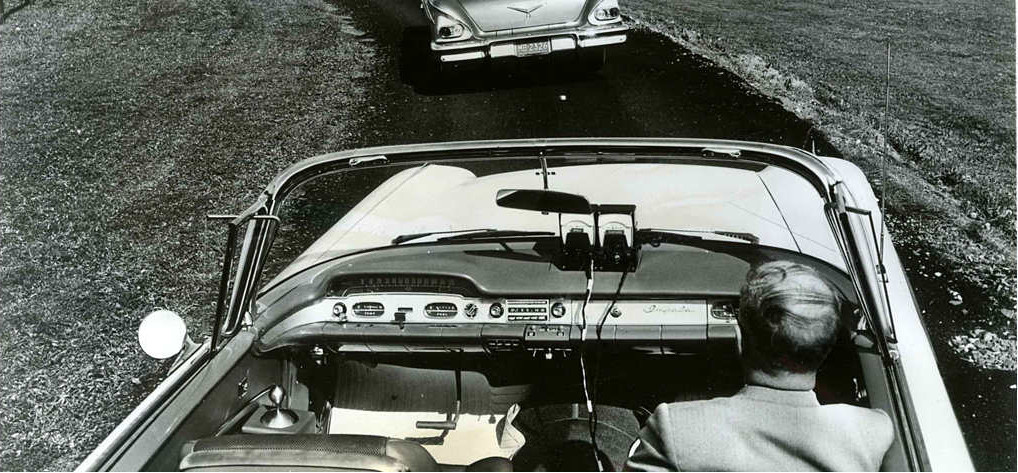Driverless cars are a goal of Uber and other rideshares, which would like to remove human hands from the wheel, but a former Google engineer wants to take things a step further and eliminate ownership as well. Mike Hearn presents a thought experiment and a utopian dream: What if the cars “own” themselves and are programmed to be ethical and use their small profits to upgrade themselves? From Leo Kelion of the BBC:
They would be programmed to seek self-improvement in order to avoid becoming obsolete. This would involve using earnings to hire human programmers to tweak their code.
After an update the cars could run the new software during half their pick-ups but not the other half, so as to determine whether to make the upgrades permanent.
Other costs would include paying to be refuelled, insured and maintained.
To ensure the system would scale up to meet demand, Mr Hearn suggests something a bit odd: the cars could club together with any surplus earnings they had to pay factories to build more of them.
“After it rolls off the production line… the new car would compete in effect with the existing cars, but would begin by giving a proportion of its profits to its parents.
“You can imagine it being a birth loan, and eventually it would pay off its debts and become a fully-fledged autonomous vehicle of its own.”
Death, too, is woven into the system, helping weed out clapped-out models.
“If there were too many cars and the human population drops, for example, then some of those cars could put themselves in long-term parking and switch themselves off for a while to see if things improve,” Mr Hearn says. “Or you could get immigrant vehicles driving to another city looking for work.
“Ultimately, they could just run out of fuel one day. They would go bankrupt, effectively, and become available for salvage.”
Since banks might struggle with this concept – at least at first – it’s proposed the vehicles use a digital currency like bitcoins for their transactions, since the “wallets” used to store and trade the digital currency are not restricted to people or organisations.
“Some people would find it creepy and weird, and they would refuse to do business with machines,” acknowledges Mr Hearn. “They would hate the idea of a machine being an economic equal to them – a modern Ludditism, if you like.
“But one interesting thing computers can do is prove to a third party what software they are running.
“And then it would be the most transparent business partner. You would have no risk of it ripping you off, no risk of misunderstandings, and some people would actually find that preferable.”•
Tags: Leo Kelion, Mike Hearn

